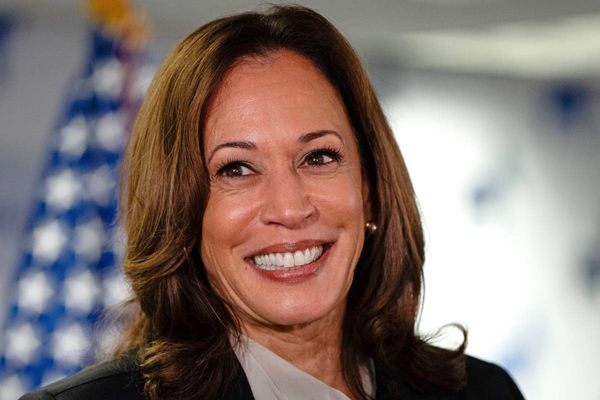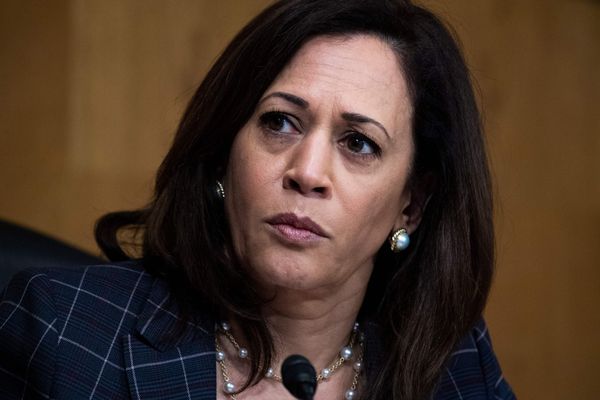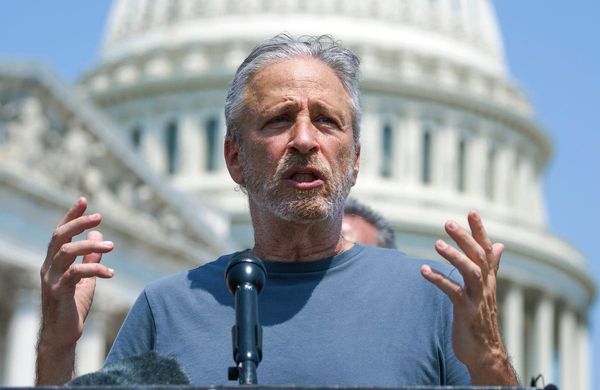The Supreme Court ruled that public figures must consent to have trademarks on their names Thursday, in the case of a man seeking to register a trademark for “Trump too small,” referring to former President Donald Trump.
While the justices fractured on some reasoning, the opinion found a federal law that requires a person’s consent to use their name in a trademark did not violate the First Amendment right to free speech. The ruling overturned a lower court decision that would have invalidated the requirement.
Justice Clarence Thomas, writing for the court, said that there was a long tradition in the country of giving individuals, including public figures, the ability to control how their name was used in commerce.
“By barring a person from using another’s name, the names clause reflects the traditional rationale of ensuring that consumers make no mistake about who is responsible for a Product,” the decision states.
During oral arguments in the case in November, the justices noted that the man who brought the case, Steven Elster, could still sell the T-shirts, but would not be able to receive federal intellectual property protections for the “Trump too small” phrase.
Justices had expressed concern about the impact that overturning the standard would have on public figures, with Chief Justice John G. Roberts Jr. saying he was concerned about a “race” to trademark information about public figures.
The Trump phrase referenced an exchange about hand size that the former president had with Sen. Marco Rubio, R-Fla., while he was a candidate at a 2016 primary debate.
The U.S. Patent and Trademark Office denied Elster’s application because he did not have Trump’s permission as required by federal law.
The U.S. Court of Appeals for the Federal Circuit sided with Elster, and the Biden administration asked the justices to reverse that ruling.
In addition to Thomas’ opinion, three other justices filed opinions concurring with parts of what Thomas wrote that chafed at some of Thomas’ emphasis on history when evaluating trademark law.
In one, Justice Brett M. Kavanaugh Roberts wrote that federal trademark restrictions may still be constitutional without requiring a long history to justify them.
In another, Justice Amy Coney Barrett, joined by Justices Elena Kagan, Sonia Sotomayor and Ketanji Brown Jackson in parts, wrote that the court should adopt a standard beyond looking for historical analogues for trademark rules.
“In my view, such restrictions, whether new or old, are permissible so long as they are reasonable in light of the trademark system’s purpose of facilitating source identification,” Barrett wrote.
Sotomayor, joined by Kagan and Jackson, wrote a separate opinion arguing that the justices should have decided the case on separate First Amendment grounds.
The post Supreme Court rejects man’s bid to trademark ‘Trump too small’ appeared first on Roll Call.






